On Thursday 28 November 2019, former President François Hollande visited the Château de la Garrigue. He was greeted by the owner Mr Zeid Hassim, after having climbed the superb staircase which leads to the Alto restaurant, run by the great chef Gérald Garcia.
Former President François Hollande was expected by many people loyal to his party. The guests were there to see him and hear about his ideas and his resentment of the news. A statue of Jean Jaurès was offered to him by the socialist party of Villemur-sur-Tarn.
François Hollande published on October 23 a short book entitled Responding to the democratic crisis, it is a reflection on the institutions of the Fifth Republic as well as on the “ambiguities and contradictions of our Constitution”.
Mr Hollande came to sign his new book “Respond to democracy”, published by Fayard. He had an appointment at 5 p.m. at the Privat bookstore, located at 14 rue des Arts in Toulouse. Many people were there for him and could exchange a few words.
“Democracy seems to be in danger in our country. Crisis of representation, yellow vests, weakening of elected officials and intermediary bodies, challenge to the institutions of the Fifth Republic: everything contributes to the questioning of what founded the relationship between citizens and power, “says the former President of the Republic, cited in the press release. “I wanted to put my experience as President of the Republic at the service of this reflection, having myself been able to observe the ambiguities and contradictions of our Constitution,” he adds.
Far from adding the advantages of authority and responsibility, this mix of genres leads to confusion within the executive, with the President-Prime Minister dyarchy, and to an excessive concentration of powers at the expense of Parliament. It leads the majority in the National Assembly to an impossible dilemma: loyalty to the end or sling it to the ground “(page 14).
However, it is neither a question of establishing a Sixth Parliamentary Republic, because it would present the risk of going back to the regime of the Fourth Republic, perhaps worse, nor of re-establishing a disconnection between the duration presidential and legislative mandates, which would lead to the pitfall of cohabitation, which could be even less easily accepted today than it was in the 1980s and 1990s.
François Hollande proposes to evolve our regime towards the American presidential model.
“The quinquennium did not presidentialize the regime, but the presidentialization of the regime made the quinquennium necessary”
In order to function effectively and durably, the presidential regime presupposes a great culture of compromise, an erasure of the majority fact and a softening of partisan divisions. This is the case in the United States. This hardly seems to be the case in France.
First, the presidentialization of the regime deserves to be nuanced. If the president does indeed occupy an essential place, the latter has not been reinforced by the five-year term, but on the contrary stabilized. Thus, the quinquennium did not presidentialize the regime, but the presidentialization of the regime made the quinquennium necessary. This presidentialization of a fundamentally parliamentary regime is the pledge of the rationalization, stability and efficiency of our regime.
Strengthening the powers of our Parliament would help respond to the crisis in the Fifth Republic. But it is not so much about democracy as it is about trust in it. Restoring that trust first requires restoring that of the elected. This is where the first answers are found.
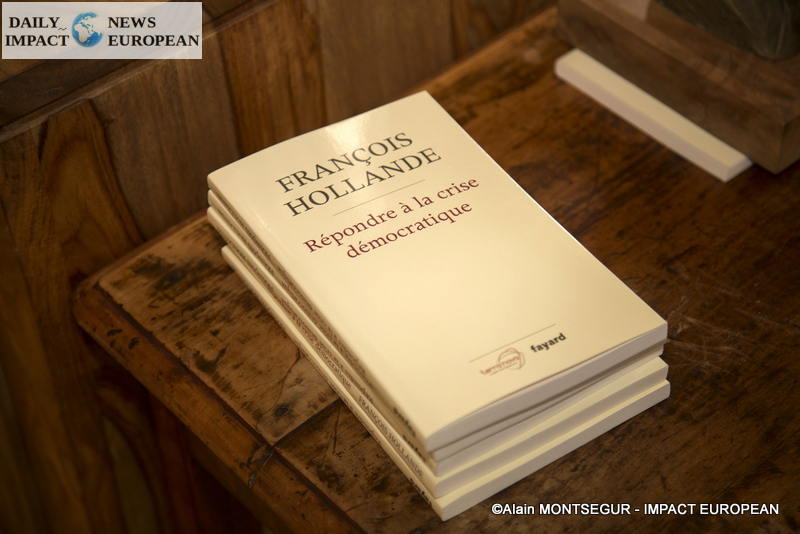
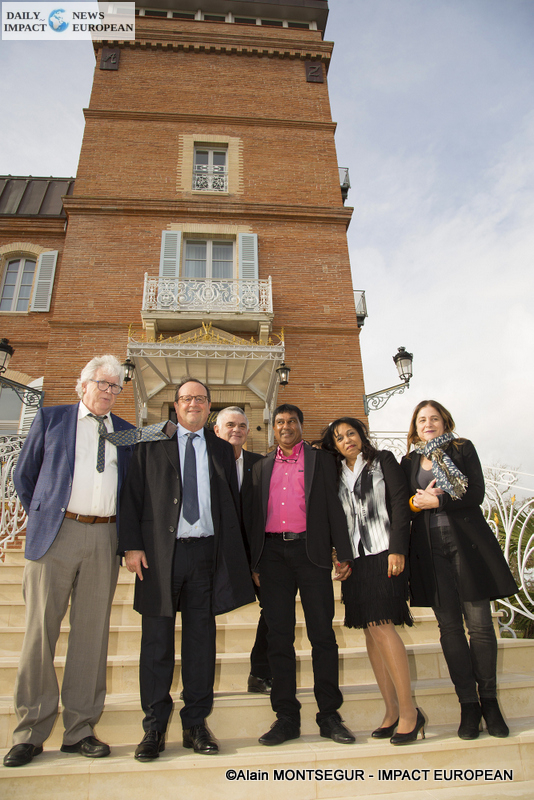
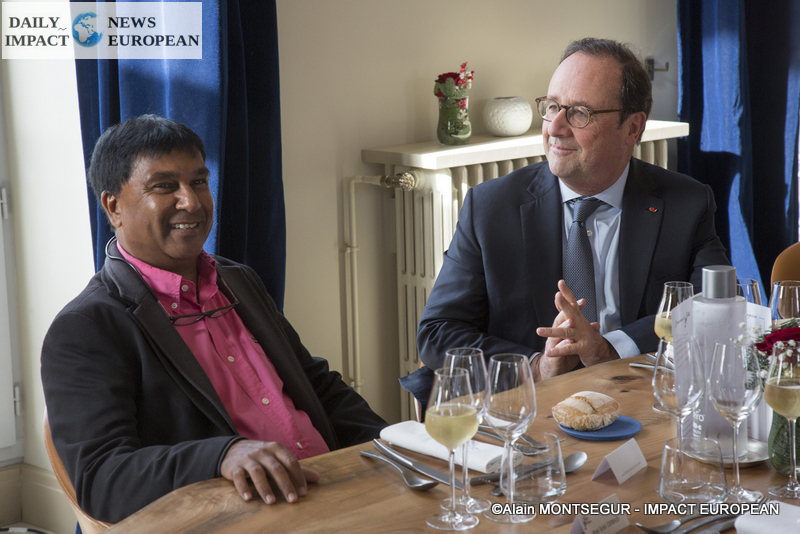
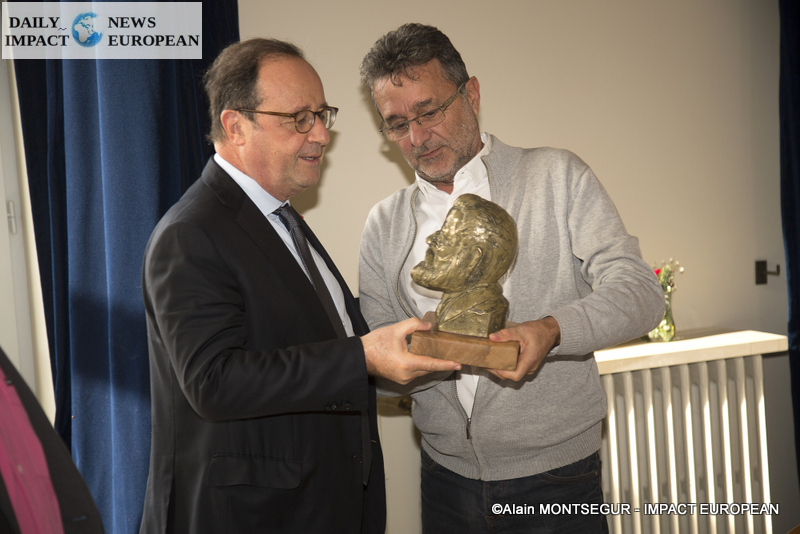
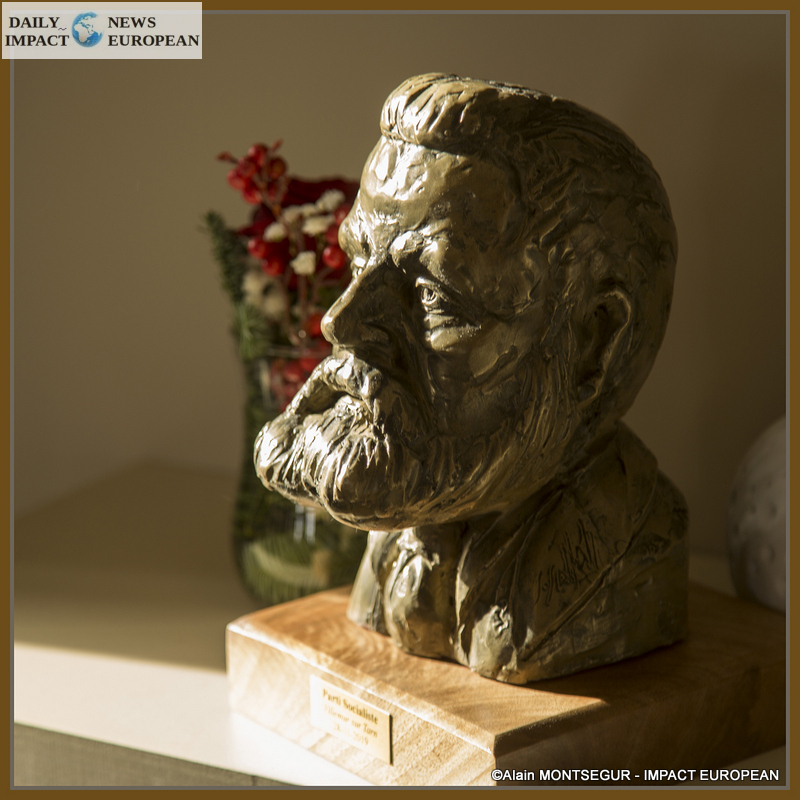
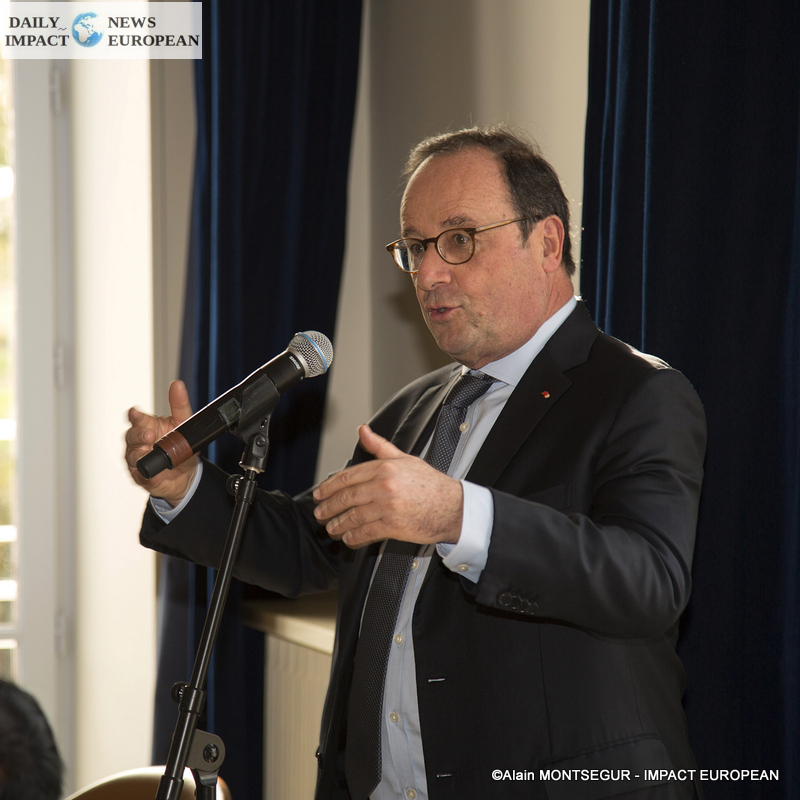
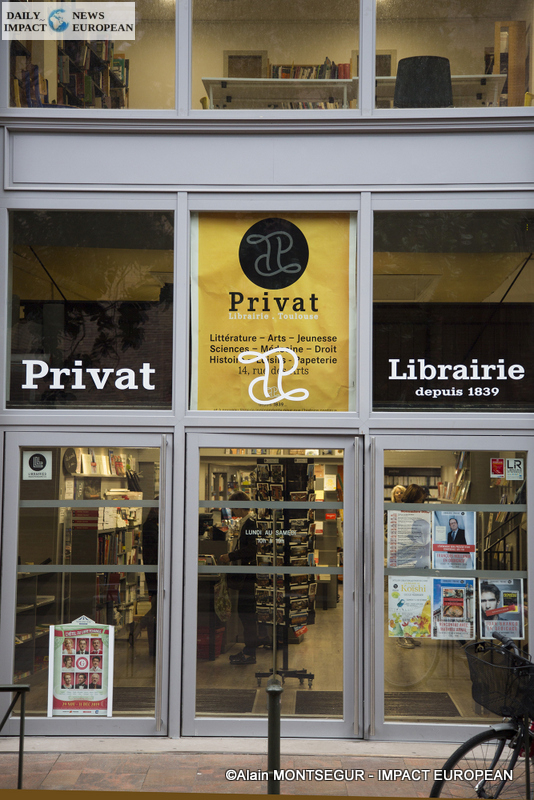
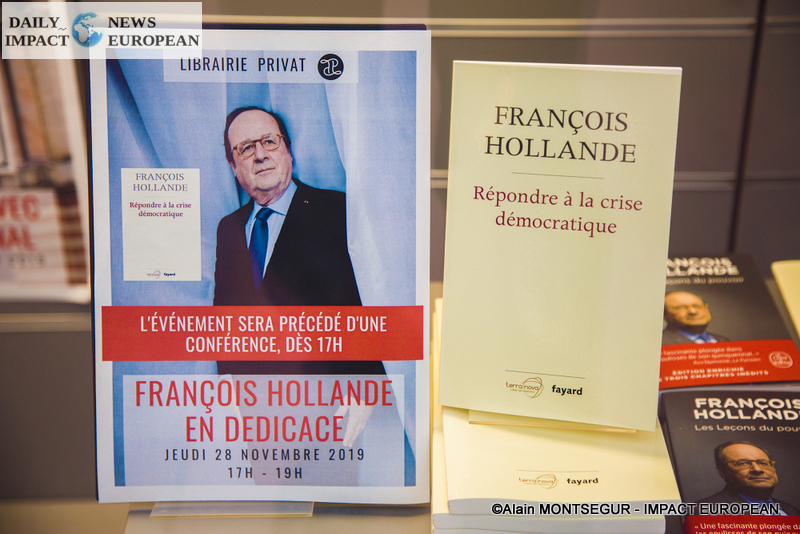
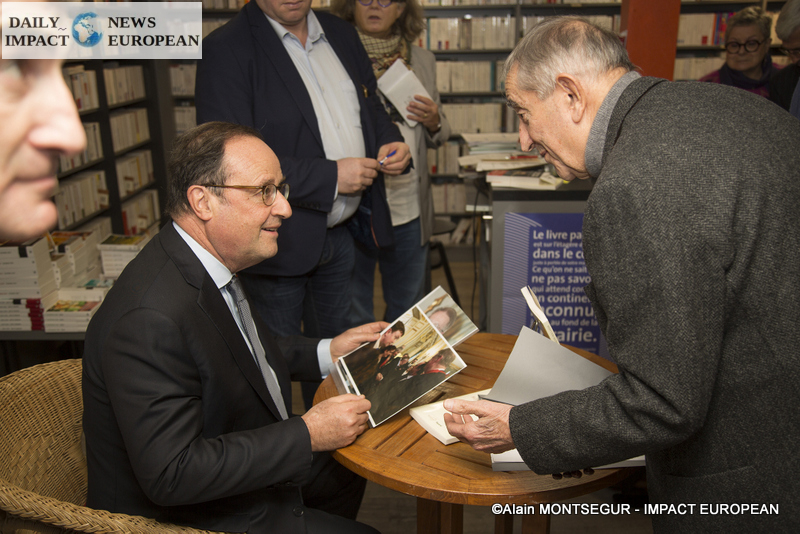
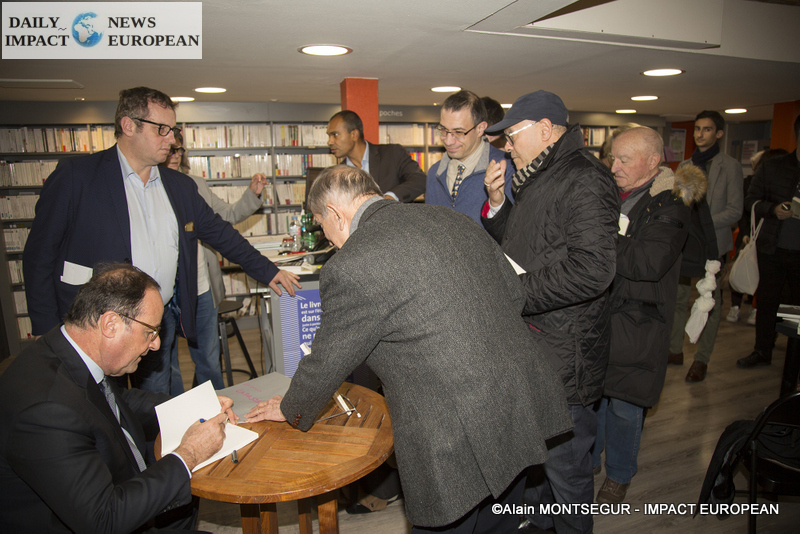
More Stories
METAL D’ALCOVE, the workshop of Eric KATZ, lighting sculptor in Montmartre
Gelsomina
Stars of the 80s and 90s in concert at Bobino for underprivileged children